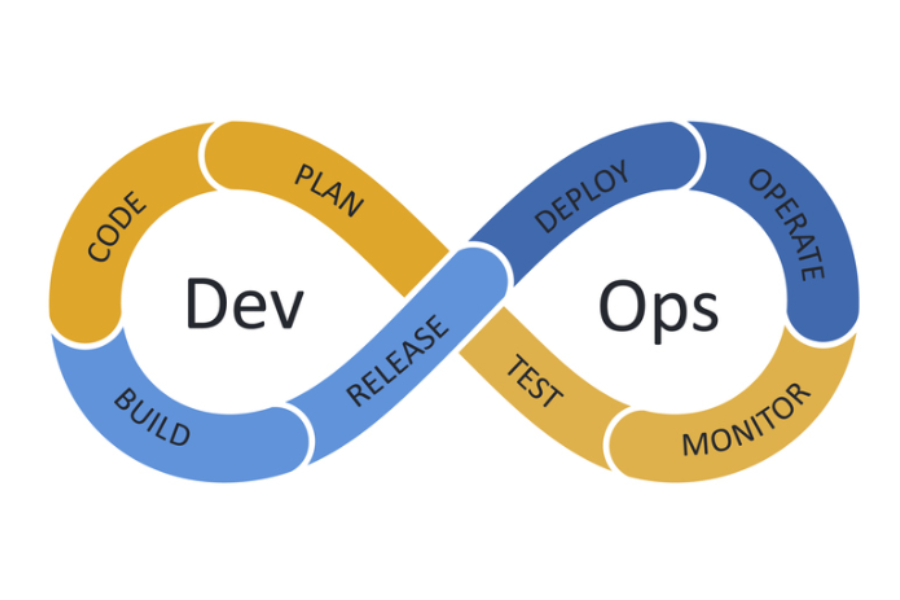The AWS DevOps Course is a comprehensive program designed to provide participants with the skills and knowledge necessary to excel in DevOps practices using Amazon Web Services (AWS). Covering a wide range of DevOps methodologies, tools, and services, this course prepares individuals for a successful career in cloud-based development and operations.
Key Features:
Comprehensive Curriculum: The course covers fundamental principles of DevOps, AWS services, continuous integration and continuous delivery (CI/CD) pipelines, infrastructure as code (IaC), monitoring and logging, security, and compliance.
Hands-on Experience: Participants engage in practical exercises and real-world projects, allowing them to apply their learning to real-world scenarios and gain valuable hands-on experience with AWS DevOps tools and services.
Expert Instruction: Learn from experienced instructors who are industry professionals with in-depth knowledge of DevOps practices, AWS services, and cloud computing.
Focus on AWS Tools: Gain proficiency in AWS tools and services such as AWS CodePipeline, AWS CodeBuild, AWS CodeDeploy, AWS CloudFormation, AWS CloudWatch, and AWS Lambda, enabling you to automate and streamline DevOps processes.
Career Support: Receive guidance on resume building, interview preparation, and job placement assistance to help you kick-start your career in DevOps and cloud computing.
Flexible Learning Options: Choose between full-time immersive programs, part-time evening or weekend courses, and self-paced online learning options to fit your schedule and learning preferences.
Course Objectives:
Who Should Enroll:
This course is ideal for individuals looking to start or advance their career in DevOps, cloud engineering, or related fields. It is suitable for beginners as well as professionals seeking to enhance their skills in DevOps practices and AWS services.
Prerequisites:
There are no specific prerequisites for this course. However, basic knowledge of cloud computing and familiarity with software development and IT operations concepts are beneficial.
Duration:
The AWS DevOps Course is available in various formats, including intensive bootcamps ranging from 8 to 16 weeks, part-time evening or weekend courses spanning several months, and self-paced online learning options with flexible timelines.
Outcome:
Upon completion of this course, participants will have acquired the skills and knowledge necessary to effectively implement DevOps practices using AWS services, making them well-prepared for a career in DevOps and cloud engineering.
Enroll now and take the first step towards becoming a proficient DevOps engineer with our comprehensive AWS DevOps Course.
AWS DevOps professionals are responsible for implementing and managing the processes and tools needed to automate and streamline development and operations tasks on the Amazon Web Services (AWS) platform. Below are the key roles in AWS DevOps and their respective

5 Weeks
English, Kannada
Digital, Physical
Join our live classes to gain real-time insights and personalized guidance from expert instructors.
Access our expertly curated study materials to enhance your learning and achieve academic excellence
Challenge yourself with our daily quiz to sharpen your knowledge and track your progress.
Prepare thoroughly with our realistic mock tests designed to simulate the actual exam experience.
Master the fundamentals with our Fixed Concepts, designed to ensure a solid understanding of key topics.
Unlock efficient learning with our curated shortcuts & tricks to master complex concepts in no time.
Ace your exams with our meticulously solved GLR papers, providing comprehensive preparation and exam success.
Revisit key concepts and learn at your own pace with our extensive library of recorded sessions.

Copyright © 2024 Global Learning Resources (GLR Edutech) | All Rights Are Reserved | Powered By Murali R